- Best Practices New Normal
- Digital Dentistry
- Data Security
- Implants
- Catapult Education
- COVID-19
- Digital Imaging
- Laser Dentistry
- Restorative Dentistry
- Cosmetic Dentistry
- Periodontics
- Oral Care
- Evaluating Dental Materials
- Cement and Adhesives
- Equipment & Supplies
- Ergonomics
- Products
- Dentures
- Infection Control
- Orthodontics
- Technology
- Techniques
- Materials
- Emerging Research
- Pediatric Dentistry
- Endodontics
- Oral-Systemic Health
5 Amazing Things Anthropologists Learned from Teeth
Once upon a time long, long ago, prehistoric man roamed the earth. Thanks to the teeth they left behind, anthropologists have made huge strides in recent years in uncovering their customs and way of life. Teeth are often the only surviving remnants of the prehistoric past, and using modern analysis and DNA extraction methods, researchers' understanding of human history is becoming more sophisticated. Read on to discover what stories teeth have to tell.
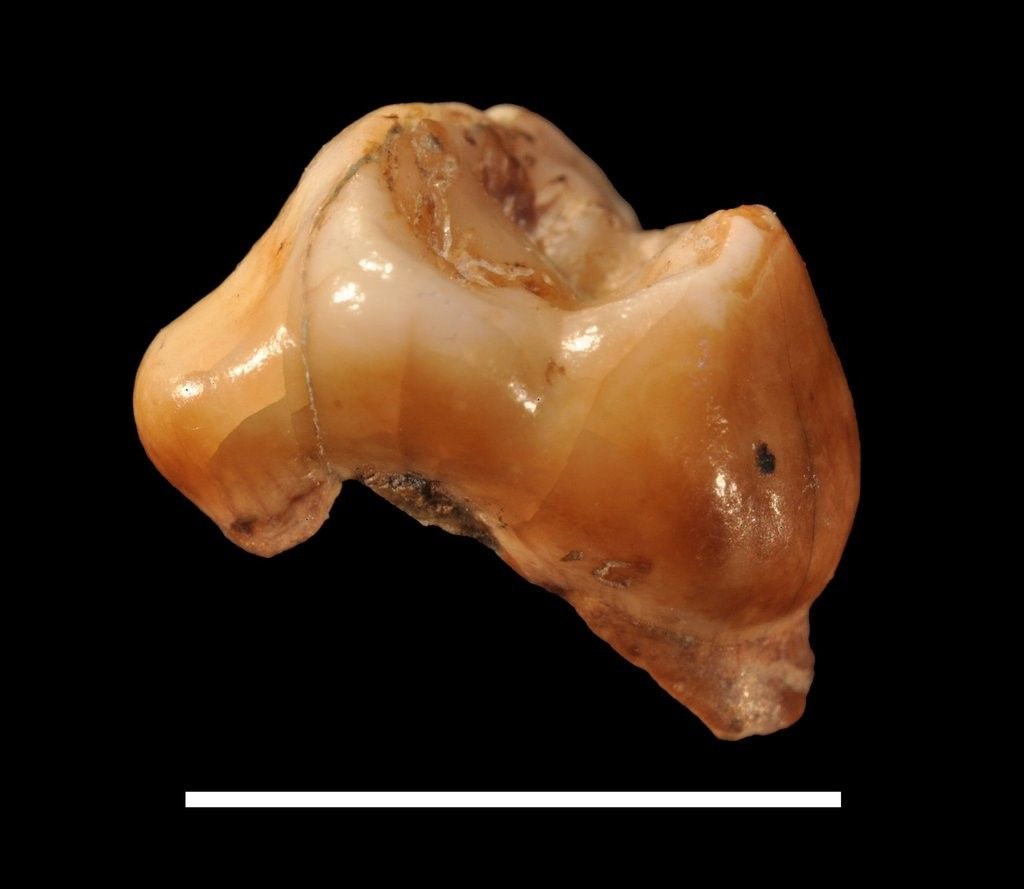
1. Humans were in Europe earlier than previously thought through baby teeth.
By analyzing two infant teeth found in Italy, scientists learned that humans were on European continent as early as 43,000 to 45,000 years ago. This challenged what was originally thought to be the oldest human specimen, which was an estimated 37,800 to 42,000 years old. The teeth also proved that humans and Neanderthals coexisted in Europe for about 13,000 to 15,000 years.
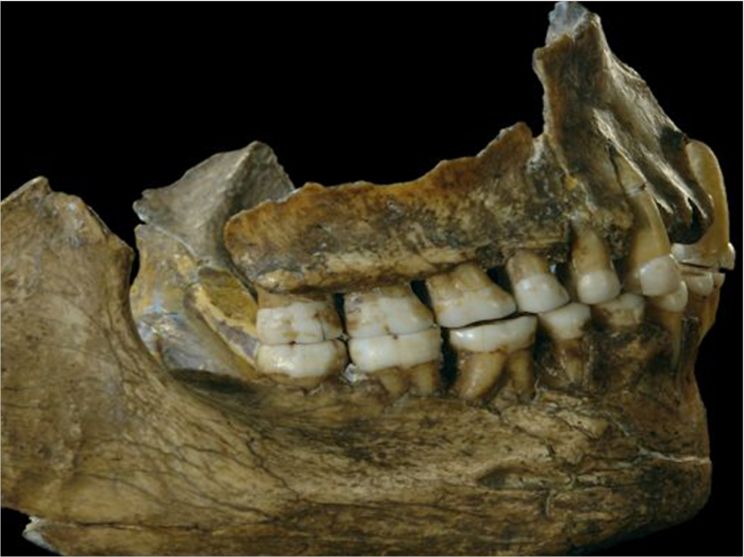
Recent analysis of DNA from our closest extinct relative showed an individual who suffered from a dental abscess had been chewing on poplar. Poplar bark has salicylic acid, an active ingredient from which aspirin was originally derived. The age of the sample ranges from 42,000 to 50,000 years old, which makes it the oldest dental plaque ever genetically analyzed.
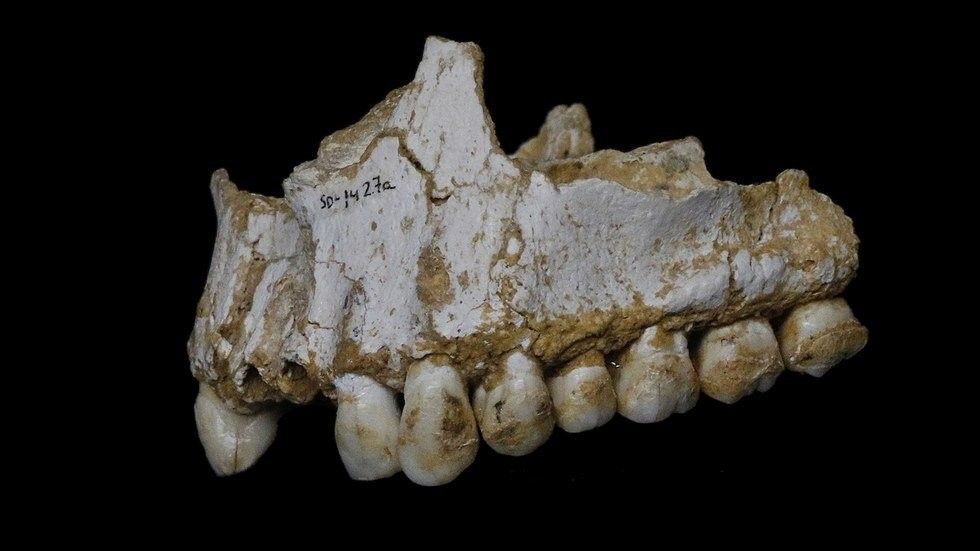
Credit: Paleoanthropology Group MNCN-CSIC
3. Some Neanderthals were likely vegetarians
Although poor dental hygiene is rarely a good thing, it has led to the discovery of some Neanderthals’ diets and lifestyles. Scientists scraped tartar off teeth from several Neanderthals and revealed varying diets. Some Neanderthals from certain areas were heavy meat eaters while others were vegetarians.
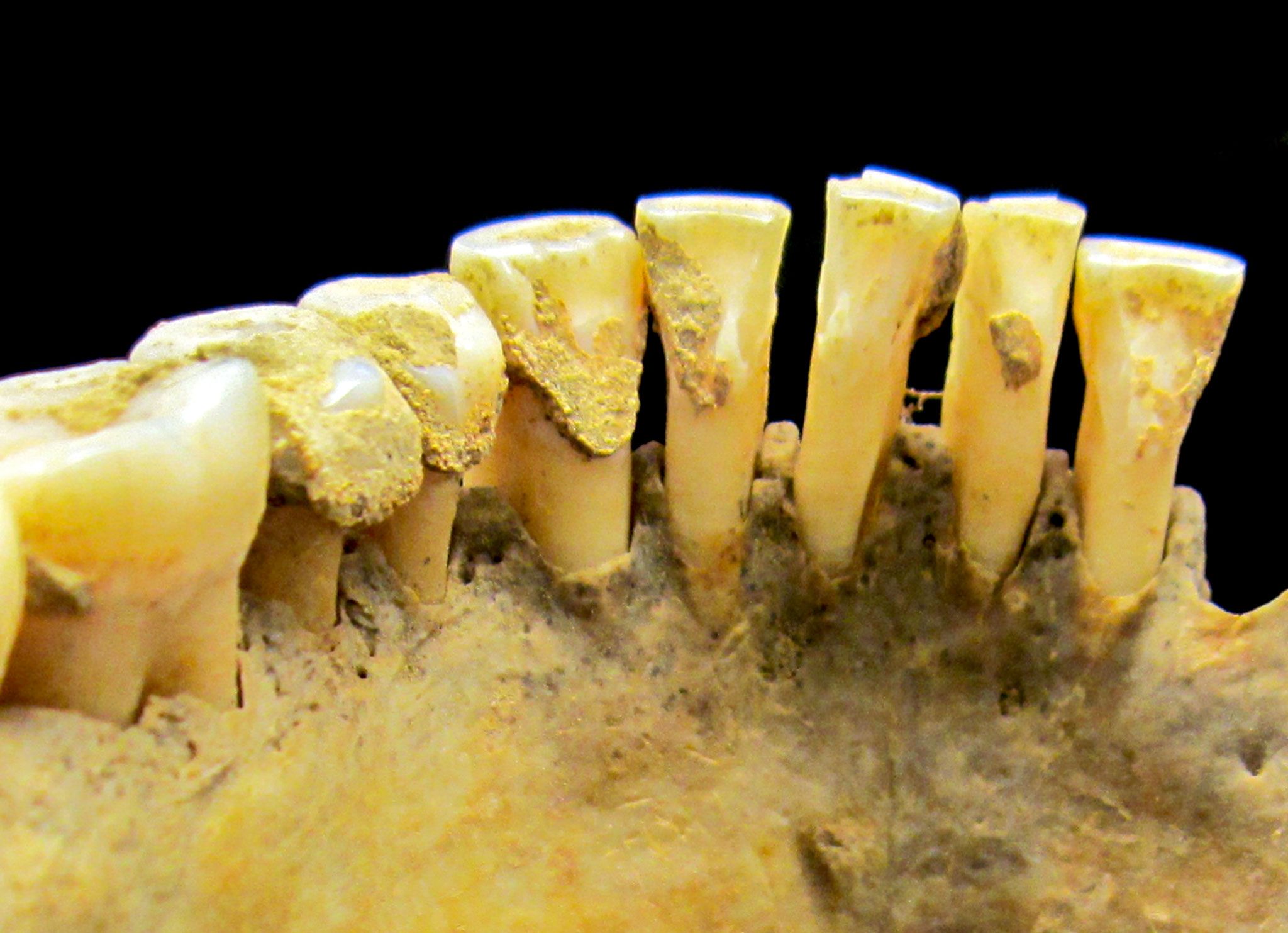
4. Neanderthal teeth tartar hints at smooching history
A microbe called Methanobrevibacter oralis, which is found in modern humans, was found in Neanderthal teeth tartar. This suggests that Neanderthals and humans swapped spit, but whether they were kissing or sharing food the world may never know.
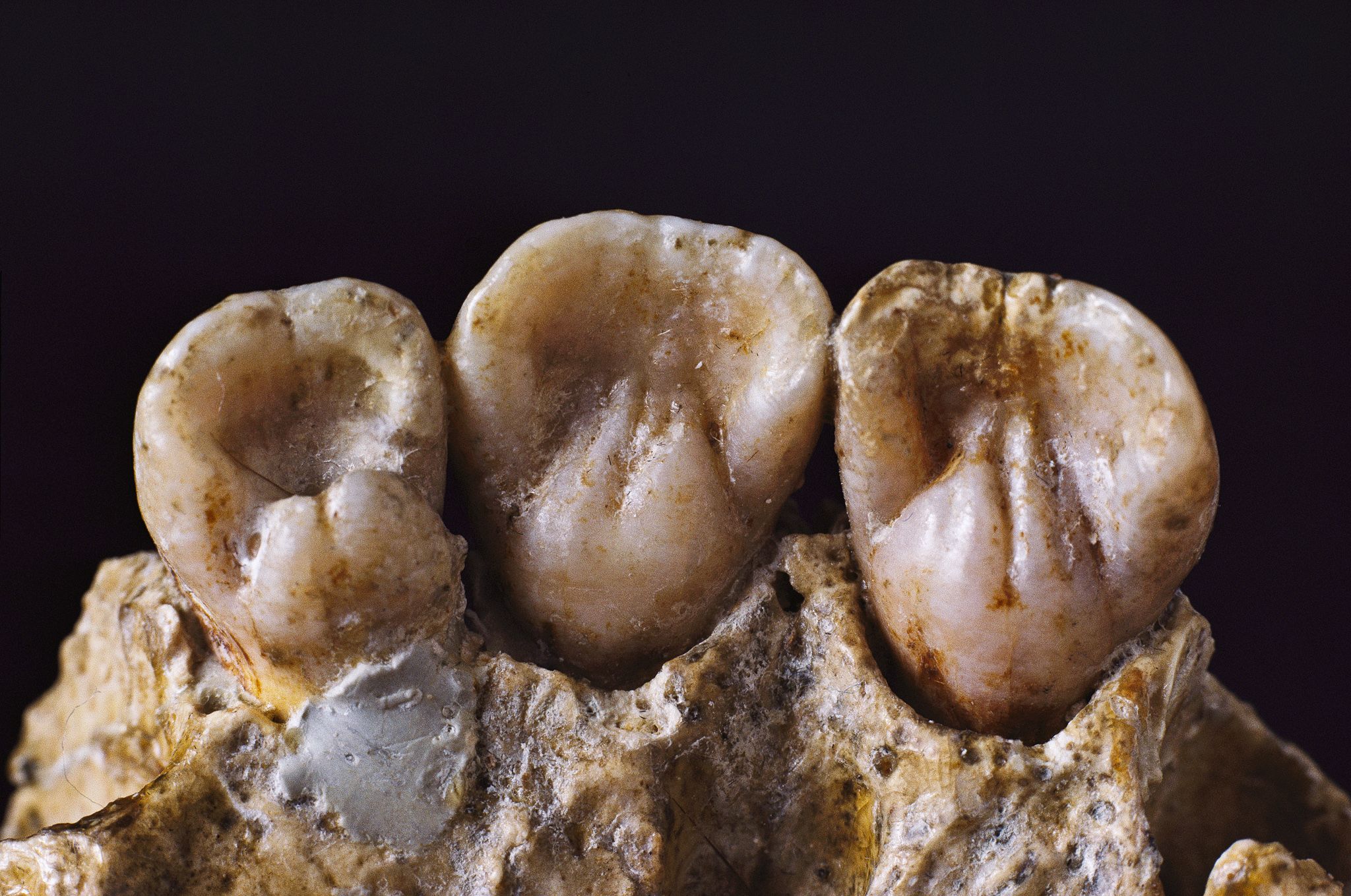
5. Neanderthals used toothpicks
Modern humans are not the pioneers of the toothpicks — picking at teeth is a prehistoric pastime. Neanderthals used toothpicks to clean their teeth and relieve pain from gum disease. This is the oldest evidence of toothpicks, and the toothpicks were likely thin sticks or rigid stalks of grass.
